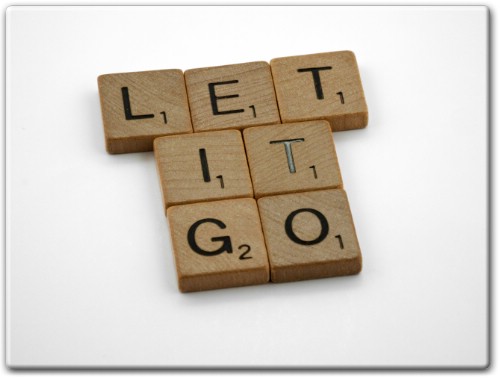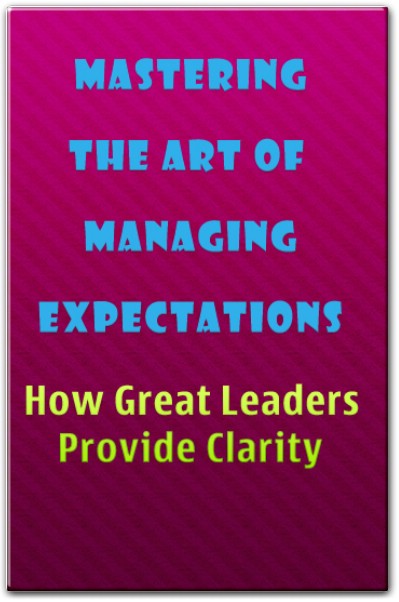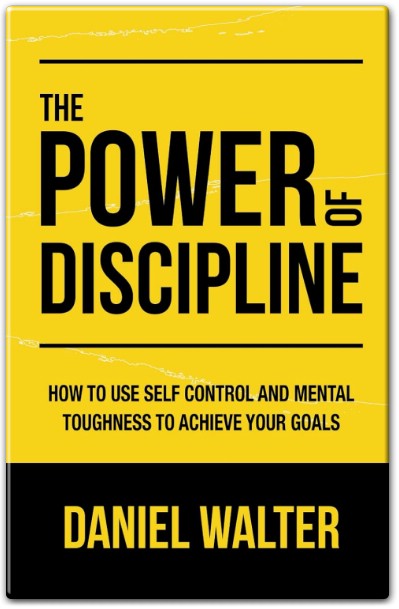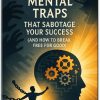The Art of Letting Go: 5 Life-Changing Principles for Emotional Freedom and Growth
Letting go is one of life’s hardest yet most liberating skills. Whether it’s a person, a toxic relationship, unrealistic expectations, or the need to control everything, learning how to let go emotionally can bring inner peace, boost your self-worth, and lead to personal transformation.
In this article, we’ll explore five profound principles that form the foundation of the art of letting go. You’ll learn why releasing what’s not meant for you isn’t weakness—but strength, and how embracing change can pave the way to a more fulfilling life.
Book Summary Contents
1. Change Is Natural: Accept Life’s Flow
“People and situations don’t last forever. Stop trying to make everyone stay.”
Change is the only constant in life. Trying to hold onto people, roles, or situations that no longer fit your life creates unnecessary suffering. When you accept that people will come and go, and that not all connections are meant to be lifelong, you start freeing yourself from emotional dependence.
Why this matters:
Trying to control who stays in your life is like trying to stop the tide from rolling in. When you let things evolve naturally, you open the door for better, more aligned opportunities and relationships. Growth happens when you surrender what no longer serves you.
✅ Let Go Tip: Write down what you’re afraid to lose—and ask if it’s helping or hurting your personal growth.
2. Set Healthy Limits: Boundaries Are Self-Respect
“Having limits isn’t mean; it’s self-care.”
Many people confuse boundaries with rejection. But setting limits isn’t about shutting others out—it’s about protecting your energy, time, and emotional well-being. You can deeply care for others and set firm boundaries that preserve your identity and peace.
Why this matters:
When you constantly say yes to please others, you risk losing yourself. Establishing healthy limits lets others know how you want to be treated, and it reinforces your own sense of self-worth.
Statistics to consider:
-
According to a 2023 Mental Health Foundation report, 67% of people who lack personal boundaries report higher levels of anxiety and burnout.
-
A Stanford study found that individuals with strong boundary-setting skills are 40% more likely to experience long-term life satisfaction.
✅ Let Go Tip: Practice saying “no” to small things today—it builds confidence to set bigger boundaries tomorrow.
3. Release Toxic Connections: Protect Your Peace
“If someone or something wears you out, it’s okay to step back.”
Toxic relationships drain your energy, diminish your self-worth, and trap you in cycles of self-doubt. Letting go of these relationships doesn’t make you cold or selfish—it’s a radical act of self-care.
Why this matters:
Staying in emotionally unhealthy dynamics holds you back from growth and peace. Releasing those bonds allows you to make room for healthier, life-giving connections.
Examples of toxic relationships:
-
People who consistently cross your boundaries
-
Manipulators who guilt you into staying
-
Those who drain your energy without mutual support
✅ Let Go Tip: Reflect on the relationships in your life. Which ones add value—and which ones take it away?
4. Prioritize Your Well-Being: Pour Into Yourself First
“Give yourself the same kindness you give others.”
Too often, we chase validation from others, believing that love and happiness come from external sources. But your emotional health depends on how well you love yourself. Letting go isn’t just about releasing others—it’s about returning to yourself.
Why this matters:
When your sense of worth is rooted in others, you’ll always feel unstable. Detaching from that need gives you the freedom to be your authentic self, without seeking approval or affection to feel whole.
Self-care practices that support letting go:
-
Journaling your emotions without judgment
-
Saying affirmations like “I am enough”
-
Creating solo time for rest and reflection
✅ Let Go Tip: Schedule 10 minutes a day for something that refills your emotional cup—unapologetically.
5. Let Go of Control: Embrace the Unknown
“You can’t make people or events go your way.”
At the heart of suffering lies unmet expectations. We often try to control outcomes, relationships, and other people’s choices. But freedom lies in surrender—releasing control and trusting that life will unfold as it should.
Why this matters:
Control is an illusion. The more you try to dictate life, the more anxious and disappointed you become. Letting go of that need creates mental space, peace, and openness to unexpected blessings.
Mindset shift:
Instead of asking, “How can I control this?” ask, “How can I respond to this in peace?”
✅ Let Go Tip: Next time plans fall apart, pause and breathe. Practice accepting instead of resisting.
Key Takeaways
-
Embrace impermanence: Growth begins when you stop resisting change.
-
Boundaries are power: Saying no is saying yes to your peace.
-
Toxicity is not your burden: Walk away when your light is being dimmed.
-
Self-love is essential: You are already enough—don’t depend on others to prove it.
-
Surrender is strength: Peace comes when you let go of control.
Quote to Remember:
“Letting go isn’t loss. It’s making room for what aligns with your highest self.”
FAQ: The Art of Letting Go
What does it really mean The Art of Letting Go ?
Letting go means releasing emotional attachment to outcomes, people, or expectations that no longer serve your growth or peace.
Is it selfish to cut people off?
Not at all. Letting go of harmful relationships is an act of self-respect. You’re not being selfish—you’re being wise about your emotional well-being.
How can I start letting go of someone I love?
Start by acknowledging your feelings. Set clear boundaries, reflect on the lessons learned, and redirect that emotional energy back into yourself.
Does letting go mean giving up?
No. Letting go is not giving up—it’s choosing growth over comfort and aligning with what truly supports your well-being.
The Art of Letting Go is a journey—not a one-time decision. Each moment you choose peace over chaos, clarity over confusion, and self-love over self-sacrifice, you reclaim your power.
Letting go isn’t about becoming numb or careless. It’s about recognizing that you are worth protecting. And when you stop clinging to what isn’t meant for you, you make room for the joy, love, and freedom you deserve.
Discover more from Books to Thrive: Best Books Summaries
Subscribe to get the latest posts sent to your email.


































